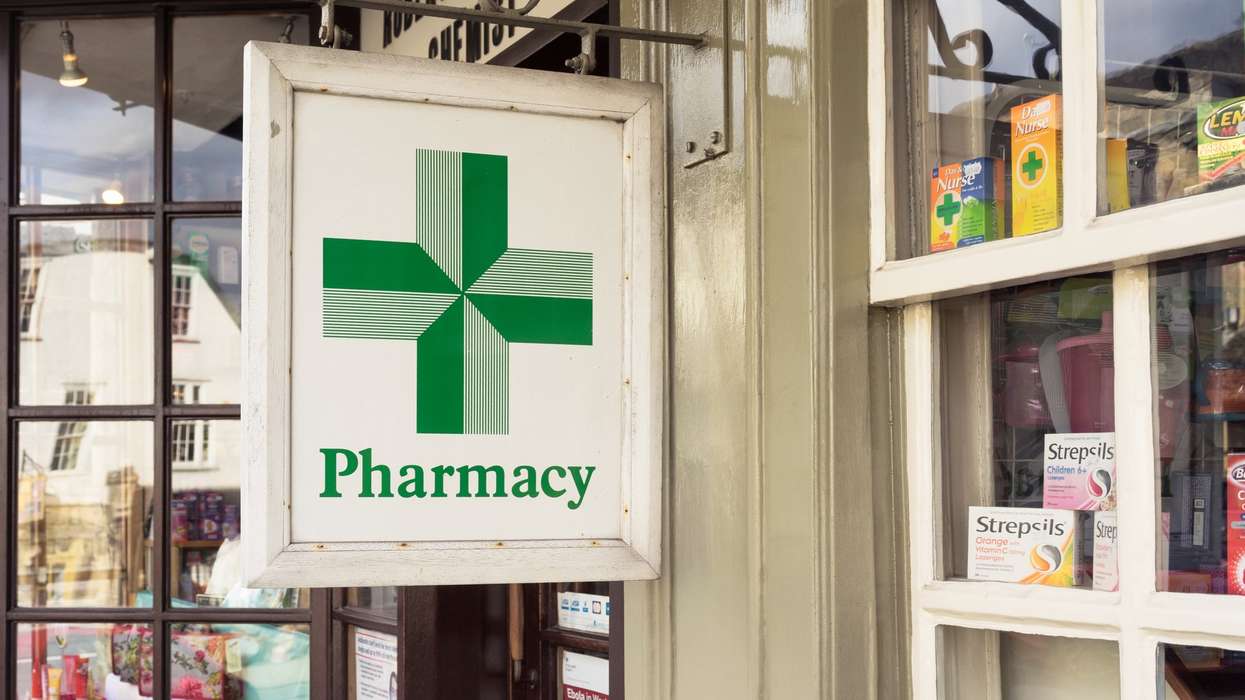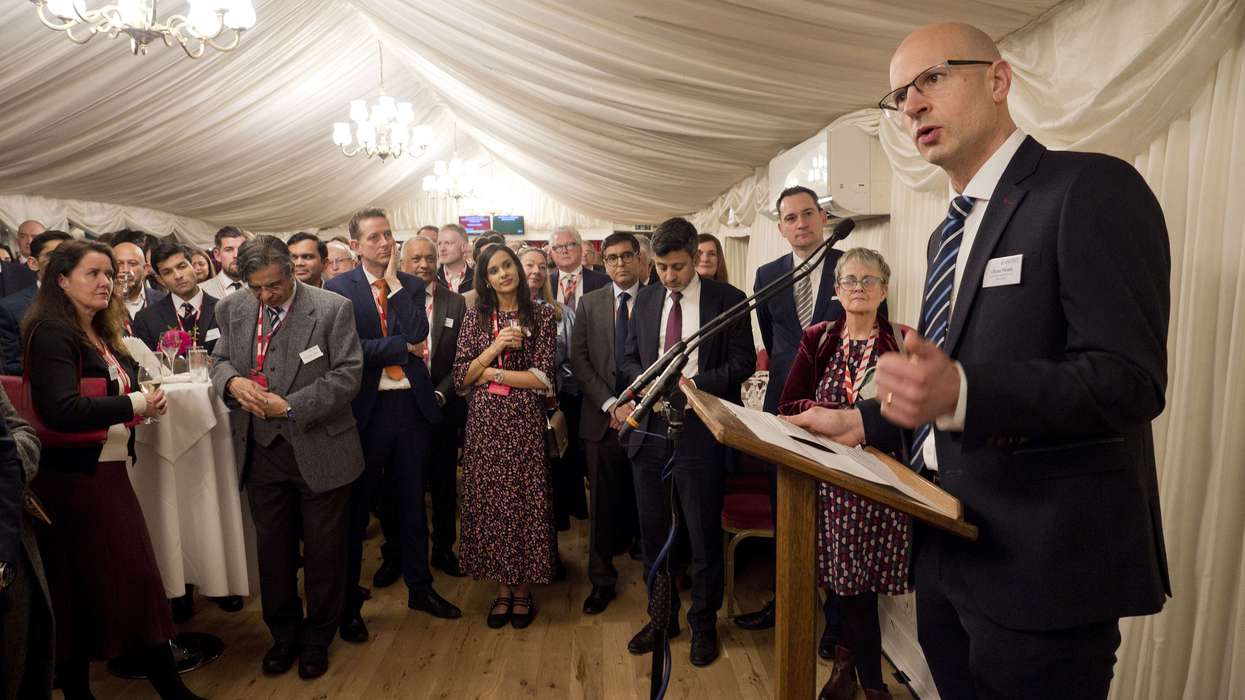A new study has revealed that public trust in services provided by local pharmacies ranks highest in the UK, although confidence in the NHS has nosedived following the pandemic.
The 2022 Edelman Trust Barometer report published on Wednesday (April 21) found that around 78 per cent of respondents trust their local pharmacies, the highest for any provider cited in the survey.
Besides, 72 per cent said pharmacists are among the most trusted to tell the truth about health matters and protect public health, almost similar to 'my doctor' (75%) and health experts (74%).
Just under half of them said the pandemic has decreased their confidence that the NHS is well-equipped in handling major health crisis. The survey also revealed that 60 per cent think they lack access to high-quality healthcare.
A deeper look at the data also reveals that pharmaceutical companies specifically have enjoyed a 12-point rise in trust compared to a pre-pandemic study and are no longer seen as distrusted in the UK.
For all healthcare companies, there is an expectation that they also address macro determinants of health to build and maintain trust. Poverty and income equality (62 per cent), pollution (63 per cent) and climate change more broadly (59 per cent) are seen as the priorities.
The report found out that the UK is the worst performing Western country surveyed on this measure, and just 39 per cent of those polled trust government leaders to speak honestly about how best to protect public health.
Younger people expressed particular concern that science is being overly politicized, with over six in 10 Generation Z and Millennials (18-34 year olds in this research) surveyed sharing this fear.
Conversely, less than half of those aged 55 and over are concerned that science is being used to support a specific political agenda.
Overall, the study finds that only 65 per cent of respondents say they are confident in their ability to make informed healthcare decisions for themselves and their families.
The data also reveals that within the population, only 62 per cent of those on low incomes feel confident in making personal health decisions, compared to 78 per cent of those on higher incomes.
The responses also outline a clear role for employers to help address the information deficit.
More than half of people (55 per cent) consider their employer to be a believable source of health information after seeing it twice or less; they place more trust in their workplace than in national government (50 per cent), traditional media (42 per cent), and their social media feeds (25 per cent).
Eleanor Read, managing director, Health at Edelman UK said, “Most people trust the individual frontline workers charged with their care implicitly. However, that level of trust does not extend to government leaders, the healthcare system, or the ability to access high-quality care from it.
“It is incumbent on everyone working within the UK health ecosystem – from NHS, to government, to business – to address that disparity. Trust is a clear determinant of health behaviors and outcomes. We have suspected this for years, but the pandemic has further highlighted its importance.
“Those passionate about healthcare delivery in the UK know its long-term sustainability hinges on the transition to a model based on proactive wellness and prevention; driven by individuals, long before they become patients. That future is achievable, but only with concerted, collaborative efforts from policymakers, healthcare workers, and business to build trust.”
Edelman’s report also found that trust in healthcare businesses has swung dramatically during the last two years, with a high of 80 per cent following the launch of Covid-19 vaccines, down to 61 per cent last month.











